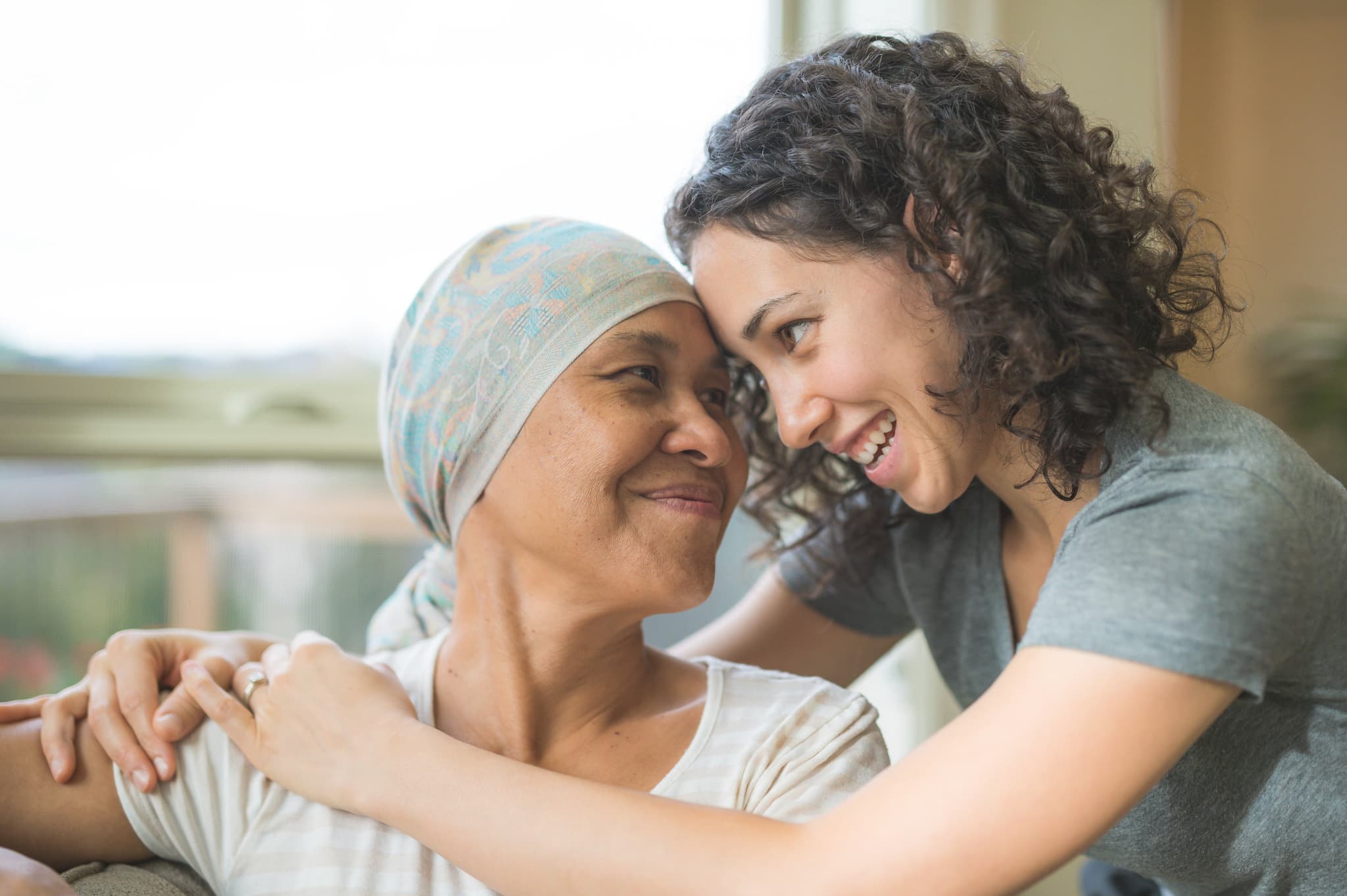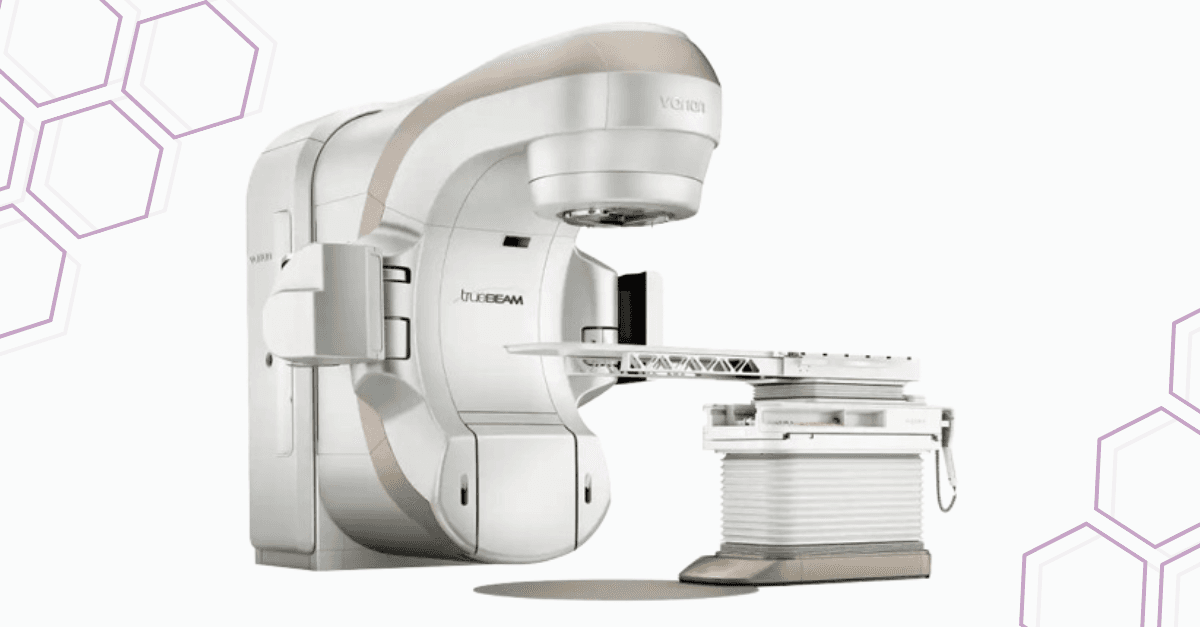
2025-05-07T13:59:05
Defying the Odds: How Revere Health Helped One Utah Woman Afford Live-Saving Cancer Treatment
- Cancer Center
- Medical Oncology
- Patient Testimonials
May 4, 2017 | Cancer Center • Medical Oncology • Radiation Oncology

A cancer diagnosis not only changes your life, but it also changes the life of those around you. Cancer in any stage is a stressful life event, and treatment methods like chemotherapy and radiation therapy can take a toll on you both physically and mentally.
Know that you aren’t alone during these tough times, and that there are always resources and support available to you as you cope.
The physical challenges of cancer are difficult for everyone and so are the emotions that accompany a cancer diagnosis. Cancer can prompt a number of emotions you may be unfamiliar with and may not be prepared for. Know that all of this is normal and that no one close to you blames you for what you are feeling. Common emotional responses to cancer include:
Positive emotions can sometimes come to the forefront with cancer too, including hope (once a diagnosis has been processed and accepted) and gratitude (for some people, cancer can serve as an “awakening” in life). Whenever these feelings become too intense, try using a healthy coping strategy:
A cancer diagnosis can affect many parts of your life including family, children, your spouse and daily activities. Healthy coping mechanisms can help as you work through these changes and the National Cancer Institute offers several resources for managing lifestyle adjustments.
Cancer is often accompanied by changes to the body, and these can lead to poor self-esteem, negative body image and inhibited sex life. A few strategies to cope with some of these stressors include:
Cancer survival and the aftermath of treatment can be difficult as well. Outpourings of support that were present during treatment may dry up, and it can be tough to transition into a life after cancer. A few methods for coping here include speaking with your medical team about concerns and caring diligently for yourself—both mentally and physically. You can also invest yourself in resources regarding follow-up care and family issues after cancer treatment.
Having cancer is very difficult and stressful, and being a caregiver to a close friend or family member with cancer can have some of the same effects. Being a caregiver often involves a number of new daily tasks, which can take some adjustment. Don’t be afraid to ask for help, including from people who have been in a caregiver situation before.
In addition, caregivers need to take care of themselves adequately to provide the proper care:
If you or a loved one receive a cancer diagnosis, know that you have options available for coping in daily life. Speak to your doctor about a variety of potential topics, and don’t be afraid to involve other loved ones in your decisions.
*Note: No two cancer cases are alike. None of the statements herein are designed to suggest a “one size fits all” approach, and each case will be evaluated individually.
“Coping With Cancer.” Cancer.net. http://www.cancer.net/coping-with-cancer
“Coping with Cancer.” National Cancer Institute. https://www.cancer.gov/about-cancer/coping

WRITTEN BY:
The Live Better Team

2025-05-07T13:59:05

2023-12-14T12:12:37

2023-04-06T14:20:05

2023-03-27T14:47:45
This information is not intended to replace the advice of a medical professional. You should always consult your doctor before making decisions about your health.